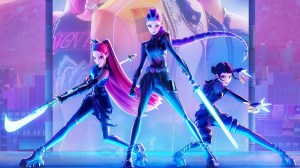The anime industry has had a massive boom in mainstream popularity over the last decade, turning what was once a relatively niche entertainment medium into a worldwide staple. With that kind of growth, it’s no surprise that the amount of anime being released each year has only increased, and shows that would have, at one point in time, been delegated to a small portion of the community begin to gain traction among general audiences. As with any form of media, some of these properties explode in popularity for all the wrong reasons.
Videos by ComicBook.com
In many cases, anime series layered with infamy become “if you know” memes online, taking some of the most shocking or controversial scenes and turning them into ominous reaction images. However, there are times when these controversial anime series become so sensationalized that fans can’t help but try and understand how these shows ever got the production green light in the first place.
School Days

Based on the slice-of-life dating simulator released in 2005, School Days is a deeply infamous franchise for the drastic, out-of-left-field violent endings that made the series popular. The story is familiar for fans of the harem genre, following Makoto Itou, a first-year high school student who becomes infatuated with another girl in his class named Kotonoha Katsura, who rides the same train as him during their school commute. He enlists the help of his fellow classmate and friend Sekai Saionji to help him win the girl. While the plot is relatively simple, it begins to take a steep dive.
What turned the 2007 animated adaptation of School Days into such a controversial show — aside from the main story — is because of an event that many anime fans refer to as the “Nice boat” meme. On September 17, 2007, when the anime’s finale was set to air in Japan, a horrific murder took place that was slightly too similar to the gratuitous, yandere-fueled violence found in Episode 12 of School Days. As the crime was being reported, TV Kanagawa canceled the final episode of School Days and instead filled the programming block with stock footage of Europe, including footage of a boat. Ironically, the finale of the School Days also featured a boat, leading to the peculiar moment in anime history becoming a meme.
Happy Sugar Life

Happy Sugar Life, on the surface, seems to live up to what the title suggests. The story opens by introducing audiences to Sato Matsuzaka, a seemingly average high school girl with a bubbly personality and an adorable aesthetic. One day, Sato runs into a very young girl named Shio, who becomes extremely attached to Sato after being abandoned by her mother. Sato ends up taking the young girl to live with her in her apartment, making her vow that the two of them will protect one another no matter what happens – even if it means killing those who get in their way. Having a yandere premise is one thing, but Happy Sugar Life‘s biggest controversy lies in the extremely problematic age gap between the two main characters.
Shio is only eight years old in the main series, and while it would be one thing if the relationship was depicted as being negative or toxic, the script never does anything to try and vilify Sato’s actions. The series’ taboo and poorly handled subject matter have caused it to become popular in discussions about yandere anime for all the wrong reasons.
Pupa

Pupa has the unique privilege of being one of the worst-rated anime of all time, with a whopping 3.29 on MyAnimeList. Adapted from an original manga with the same name by Sayaka Mogi, Pupa follows a pair of siblings, Utsutsu and his little sister, Yume. After being abandoned by both of their parents and attempting to piece their lives together after surviving an abusive childhood, the pair are once again dealt an awful hand when they become infected with an otherworldly curse called “Pupa.” While Yume gives in to the infection, Utsutsu instead gains regenerative properties. In order to keep his sister from turning into a monster, Utsutsu begins to feed his sister his flesh.
Admittedly, Pupa‘s source material isn’t that bad. The artwork, especially of the monsters, is gorgeously illustrated, and the original story is serviceable for those looking for a gore-filled horror manga. The main controversy comes from the anime adaptation, which shaved down the story to be nearly nonsensical, keeping only the most gratuitous aspects of the main story intact. Aside from glaring production issues, the anime adaptation also glorified the “sibling complex” trope that was unfortunately baked into the story.
Oreimo
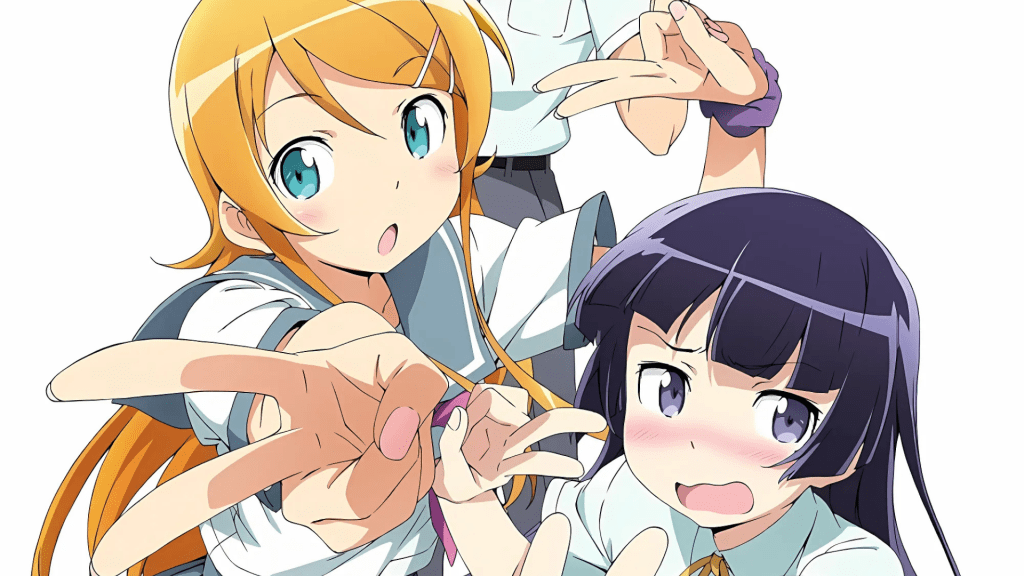
A staple from the early 2010s due to its colorful aesthetic, Oreimo‘s popularity quickly turned to controversial infamy once fans of the show realized the direction that it was taking with its “endgame” couplings. Based on the original light novel by Tsukasa Fushimi, Oreimo follows Kyosuke Kosaka, a teenager who hasn’t gotten along with his younger sister, Kirino, in years. One day, while digging through a DVD case, he discovers his sister’s secretive otaku hobbies, which he uses to help rebuild their relationship over the course of the series.
To the shock — and horror — of many anime fans, Kirino and Kyosuke are the endgame couple in Oreimo. The surprising ending obviously garnered a massive amount of backlash from audiences and will forever be remembered for its problematic romance. A side-story titled Oreimo: Kuroneko rectifies this by pairing Kyosuke with Ruri, but the spin-off manga is ultimately considered non-canon.
[RELATED: K-Pop Scandal Unfolds After Several Idols Share Their Anime Picks]
Elfen Lied
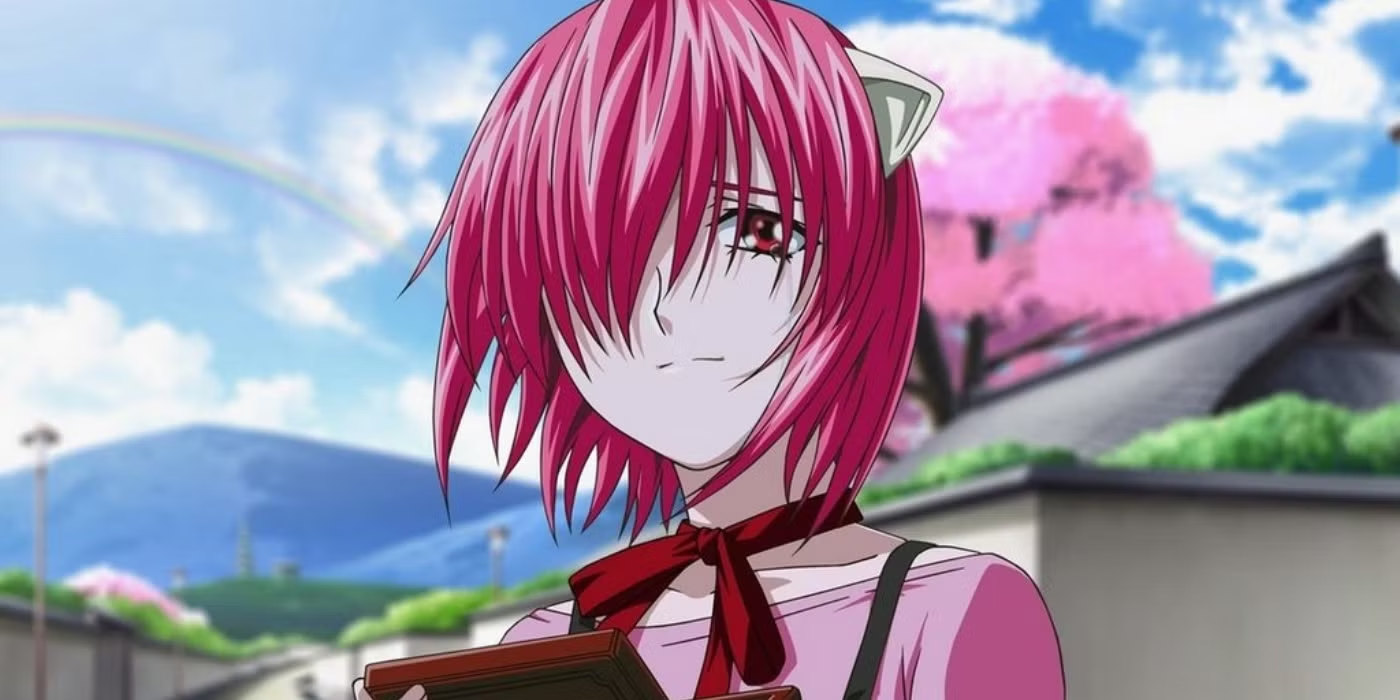
Elfen Lied is a psychological sci-fi horror series that was originally created by Lynn Okamoto and published in Shueisha’s Weekly Young Jump in 2002 before being adapted into a televised anime series by Arms and Studio Guts in 2004. The series primarily focuses on the Diclonius, a mutated human species with horn-like features on their heads and invisible arms that function similarly to telekinetic abilities. After one of these mutants, named Lucy, escapes from the government facility she’s been held in for what seems like her entire life, she washes up on the coast of Kamakura, forgetting her old personality and instead taking on the childlike identity of “Nyu.”
The series is considered controversial due to its intense depictions of violence, particularly violence toward the female characters and animals throughout the series. The level of abuse the Diclonius characters endure at the hands of humans – whether it be the government or just civilians – seems almost needlessly cruel. The ultra-violent, over-the-top edginess presented in Elfen Lied makes it a show that’s difficult to forget.
The Rising of the Shield Hero
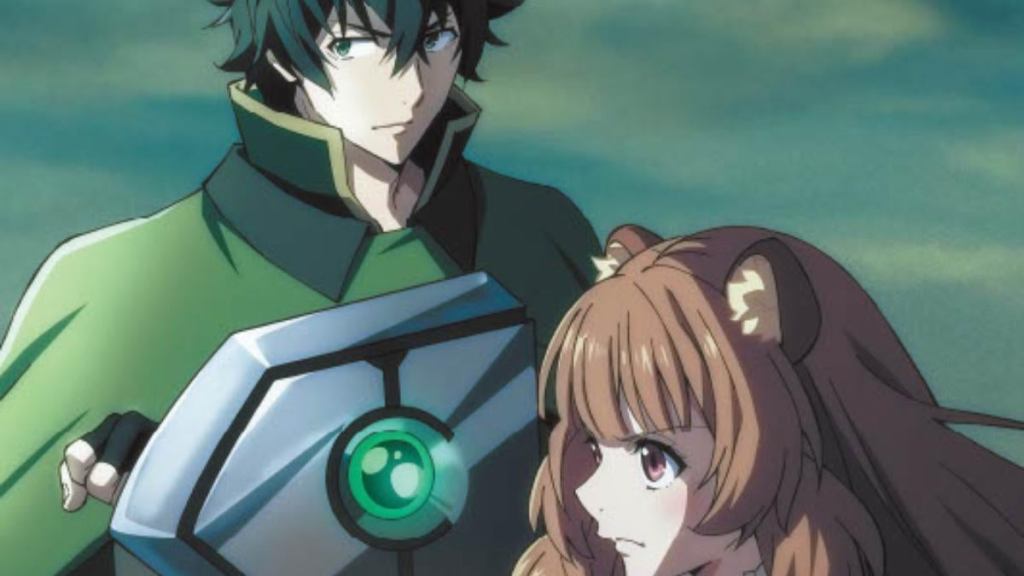
To the surprise of many Rising of the Shield Hero fans when the anime adaptation first debuted in 2019, the series wasn’t as heavily criticized as much of the community expected. While the show was panned for its blatant issues, such as its poor handling of fantasy slavery and its initial plot hook being the character fighting back against false allegations made against him, the anime community generally enjoyed what the first season of the show had to offer.
Interestingly, fans of the show only started to reflect on its previous writing issues upon the release of the second season, which drastically altered the pacing of the anime and hurt the development of much of the show’s cast. This shift in storytelling ultimately made the poor handling of the aforementioned subjects in Season 1 more obvious, which has caused many fans of the show to turn their back on Naofumi’s adventures.
Goblin Slayer
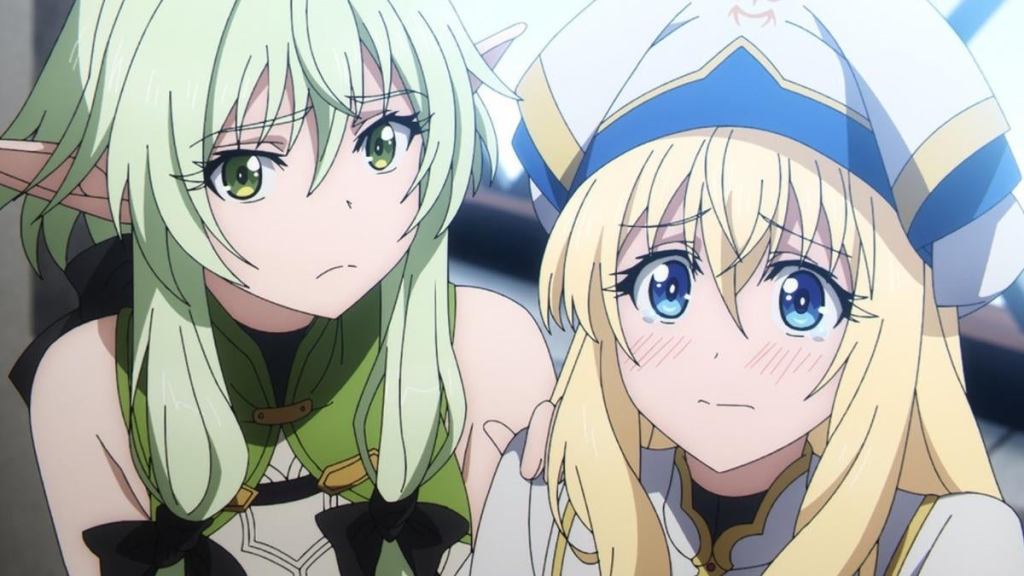
Some series earn their infamous status as soon as their first episode airs – something Goblin Slayer is all too familiar with. Based on a dark fantasy light novel series by Kumo Kagyu, Goblin Slayer‘s anime adaptation was released at the height of the isekai and isekai-like genre’s popularity. The content of the first episode was so extreme that it immediately had the anime community talking. The series opens by introducing its audience to a Priestess new to adventuring. On her first quest with her party, things quickly go awry when they come across a goblin, and things take a disturbing turn due to the goblins’ particularly depraved breeding habits.
The young woman ends up being rescued by the titular Goblin Slayer, a vigilante adventurer who wipes out hordes of goblins using extreme measures. While the first episode of the anime was the nail in the coffin for most potential fans of the series, the manga hasn’t been free of controversy either, being banned in 2020 from Kinokuniya bookstores in Australia for claims of promoting problematic content.
Redo of a Healer
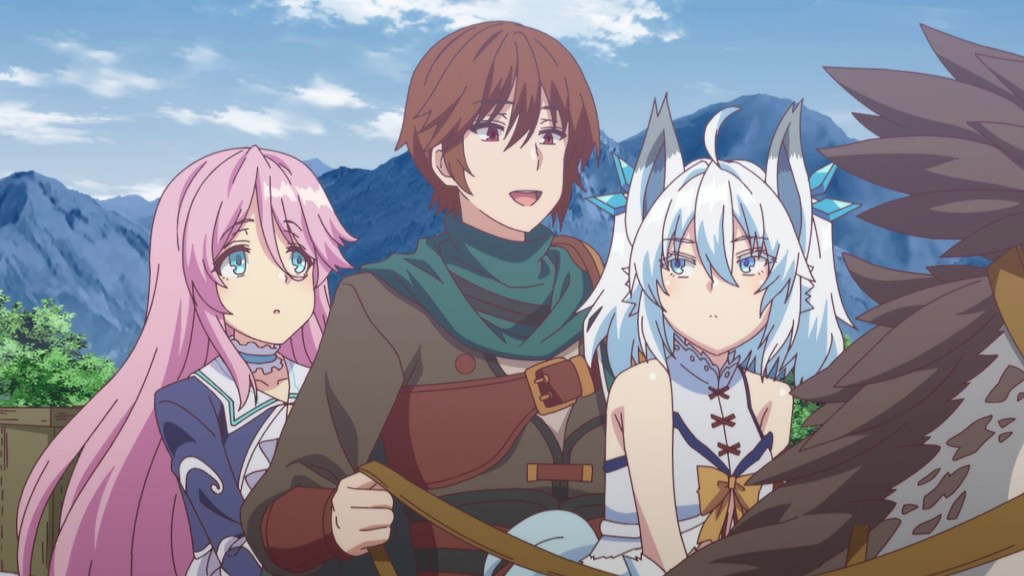
One of the most talked about anime when it released in 2021, Redo of a Healer is perhaps one of the most controversial fantasy series ever released, and for good reason. The story follows Keyaru, the “Healing Hero” who, after enduring years of every kind of abuse at the hands of his so-called party members and allies, discovers a way to push his magical abilities and sends himself back in time to enact his revenge by inflicting the same level of abuse he dealt with onto his future party members.
When the anime adaptation of Redo of a Healer was announced, fans of the medium were vocal about the content of the series, pointing out that the worst the series has to offer is what Redo of a Healer uses to draw in its audience. The first two episodes of the anime possess a large brunt of the gratuitous content as a way to keep audiences invested, which perfectly sums up how this series has nothing to say regarding the content it chooses to discuss, instead using it as pure shock value.
Mushoku Tensei: Jobless Reincarnation
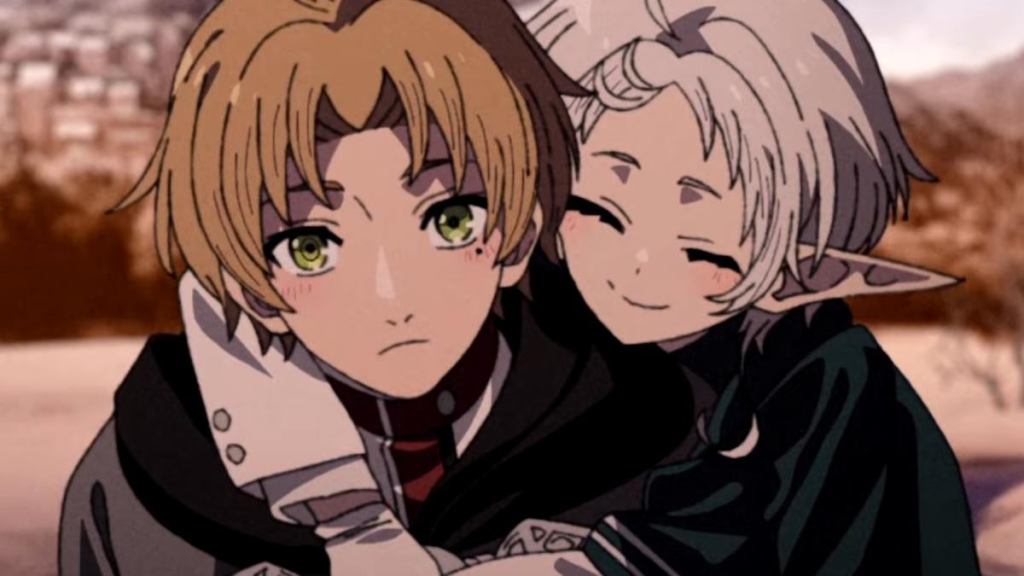
Despite its glowing reviews, Mushoku Tensei: Jobless Reincarnation has its fair share of controversy surrounding the source material and anime adaptation. To be fair, Mushoku Tensei doesn’t try to shy away from its dicier story elements. Rudeus is shown from the very beginning to be lecherous, and even when he starts to mature and change, he makes extremely over-the-top mistakes in regard to how he treats much of the female cast.
While many fans have been able to look over Rudeus’s previous mistakes and even the type of person he was in his former life, he still makes a number of frustrating decisions throughout the story. Additionally, the series does begin to snowball into harem territory toward the end of the second season, something adapted directly from the source material that doesn’t seem to be changing with the release of the anime. In spite of all its issues, Mushoku Tensei has been gorgeously adapted by Studio Bind, and regardless of one’s feelings toward its content, it deserves its flowers for production quality alone.
Made In Abyss
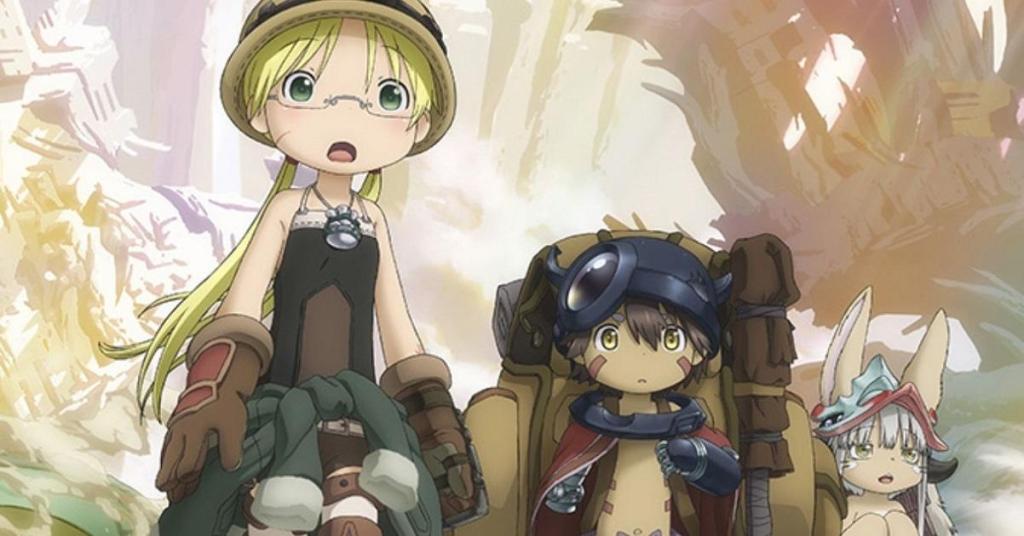
Gut-wrenching, horrific, and hopeless are all words that can be used to describe the desolate world of Made In Abyss. Originally created by Akihito Tsukushi, Made In Abyss takes place in a haunting dark fantasy realm wherein an orphan girl named Riko sets out to explore the titular Abyss, a massive crevice that descends deep into the Earth as a Cave Raider, following in the footsteps of her mother who’s thought to be deceased after vanishing during her final descent. Worse still, those who choose to dive deep into the Abyss are afflicted with a curse that causes them to undergo horrific maladies should they attempt to return to the surface.
Made In Abyss has been called out by anime fans on multiple occasions for how young the characters look, coupled with the intense nature of the perils they’re forced to survive as they traverse through the Abyss. The amount of gore and other sensitive subject matter in the series already makes Made In Abyss a difficult watch, but with the core cast looking like small children, it makes sense that the show would be controversial. Still, the show has endured in popularity, and the manga isn’t planning on coming to an end anytime soon.








